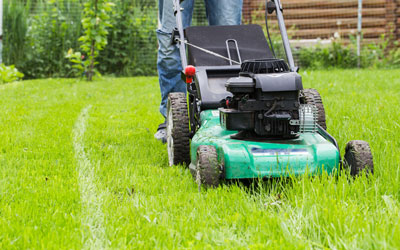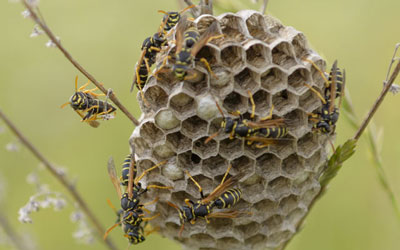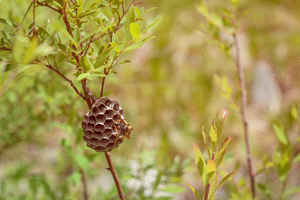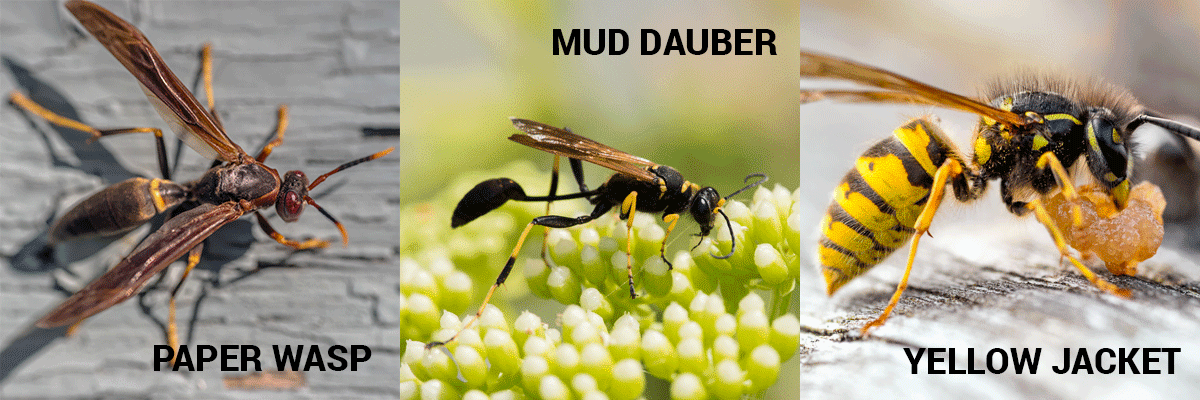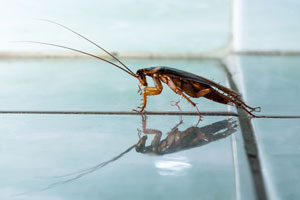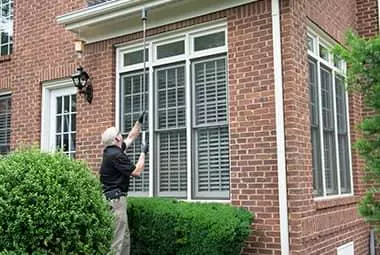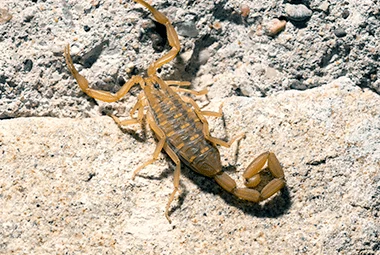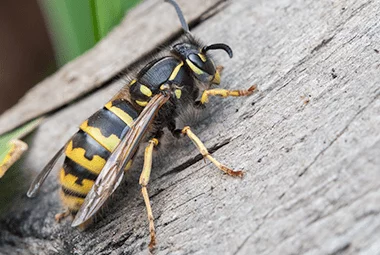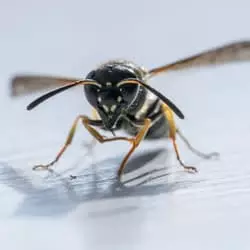Entomologists from Russell’s parent company, Rentokil Provide their Pest Predictions for 2021
READING, Penn. (Jan. 4, 2021) — As if 2020 didn’t present enough challenges during the COVID-19 pandemic, 2021 could be a banner year for pests around the country.
To help residents prepare for 2021, entomologists from Rentokil used field knowledge and data to provide their predictions for pests in the upcoming year.
1. Rodents, Rodents Everywhere:
With shutdowns across the country, it’s no surprise that rodents are on the rise nationwide. Empty buildings, the scarcity of food and warmer winters have combined to create a rodent apocalypse.
“We’re seeing more rats in urban, suburban and rural settings because of the shutdowns,” said Marc Potzler, Board Certified Entomologist. “Food sources are cut off, and rats are having to travel to scavenge for food. We’ve seen rats out in public during the day, which is highly unusual.”
Warmer winters have also allowed for mice populations to boom in residential areas as it allows for a longer breeding season and there is a lower population loss due to hard freezes.
“Right now is the perfect time to rodent-proof your home,” said Potzler. “Make sure to repair any gaps on the exterior of your home, such as around garage doors, windows or pipes.”
2. Mosquitoes on the Move:
Mosquitoes populations have been increasing over the last few years. Aedes species, which are disease-carrying mosquitoes, are also moving to new areas. These mosquitoes can carry West Nile Virus, Eastern Equine Encephalitis (EEE) and Zika virus, among other diseases.
“There is an increase of mosquitoes across the country, but notably on the West Coast, and they are adapting each year,” said Eric Sebring, Associate Certified Entomologist. “We have seen evidence of behavior adaptation, where mosquitoes lay their eggs strategically to hatch throughout the season.”
Protect yourself and your family from mosquitoes by removing any standing water on your property. Mosquitoes can breed in as little as one teaspoon of water. Also, wear EPA-approved insect repellent while spending time outside.
3. Bed Bugs:
The chatter about bed bugs was quiet in 2020, but that’s not because they have gone away.
“As people begin to travel again, we will start to hear about bed bug infestations,” said Sebring. “Bed bugs can be dormant for several months at a time, so they can emerge when a food source, humans, become available.”
Bed bugs are considered hitchhikers, traveling from place to place on people, luggage, clothing and other personal belongings. Homeowners and businesses such as hotels, colleges, hospitals, senior living facilities, retail stores, and libraries have experienced problems with bed bugs.
If traveling, inspect the bed by pulling back the sheets to examine the mattress. Check your luggage before packing and unpacking, and look for signs of living or dead bugs the size of an apple seed or black fecal smears.
4. More Time Outdoors = More Pests.
From hiking to gardening to dining al fresco, there is no doubt that the pandemic has forced people to spend more time outdoors.
In 2021, we will see the outdoor pest pressures continue:
Ticks: Ticks are responsible for transmitting several diseases, including Lyme disease, to humans and animals. These small insects are found in grassy areas and in the woods, so it is important to inspect yourself and your pets after spending time outdoors. Cover as much skin as possible while outdoors, wear long pants, long sleeves, closed-toed shoes, and tuck pant legs into socks. Light-colored clothing will also help any ticks you pick up stand out.
Ants: “As soon as the weather starts to warm up, we will see an increase in ant populations,” said Tom Dobrinska, Board Certified Entomologist. “Most of the ants we are dealing with are odorous house ants. When spending time outside, make sure to clean up any food, water or sugary substances and ensure that your home is free of any holes or cracks for them to enter.”
Stinging Insects: Stinging insects, such as wasps and yellow jackets, emerge at the first sign of warm weather, and as warm weather seasons are getting longer, stinging insects have more time to create issues. Make sure you check for nests early in the spring as they are smaller and get early nest treatment. Make sure to keep windows and doors shut, and secure outside bins so stinging insects are not attracted to the contents.
5. Termites Aren’t Going Anywhere
Termites are a pesky problem, and unfortunately, are not going anywhere. Termites can cause extensive damage to structures, especially homes. As people are moving out of cities during the pandemic to more suburban areas, education about termite protection is key.
“We received more calls for termites this past year than we have in many years,” said Potzler. “It’s important to raise awareness for homeowners now to have proactive protection to keep from costly repairs in the future.”
6. Pests in the News:
There are a few pests that will continue to steal the limelight in 2021.
The Brown Marmorated Stink Bug is an invasive pest that has been making its way across the country since it was first introduced from Asia in 2001. Besides its pungent odor, this stink bug has become a nuisance for homeowners as it gathers in large numbers on the sides of houses and buildings and enters through small cracks in the home. “The brown marmorated stink bug is here to stay,” said Dobrinska. “We will continue to see this species emerge in late spring in large numbers.”
The Spotted Lanternfly will continue to wreak havoc across the Northeast and beyond. The invasive pest, first found in Pennsylvania in 2014, is spreading across the Northeast, with New York reporting its first sighting this year. The pest can significantly damage trees and plants.
“The Spotted Lanternfly is becoming a big problem in the Northeast, and it will continue to spread,” said Potzler. “It can be devastating for agriculture and is a nuisance for homeowners.”
The egg masses look like a smear of mud on trees and outside of homes. It’s important to scrape the egg mass off, put it in a bag with rubbing alcohol and throw it away, and then call the state department of agriculture.
The infamous “Murder Hornet,” also known as the Asian giant hornet, grabbed many headlines, causing homeowners to panic trying to decipher the difference between stinging insects in their yards and this aggressive species. The Asian giant hornet is the largest hornet species in the world, growing up to 3 inches in length. Currently, the Asian giant hornet has only been found in the Pacific Northwest.
“We know that there was one colony found and eliminated in Washington State,” said Sebring. “Unfortunately, if there is one, there will be more.”
While your chances of being stung by an Asian giant hornet are fairly low, the sting can be dangerous as the venom volume is higher, causing more pain. The hives are primarily built underground or in hollows in trees. If you suspect it is an Asian giant hornet or any stinging pests, call your pest management provider to assess the situation as soon as you spot activity.

